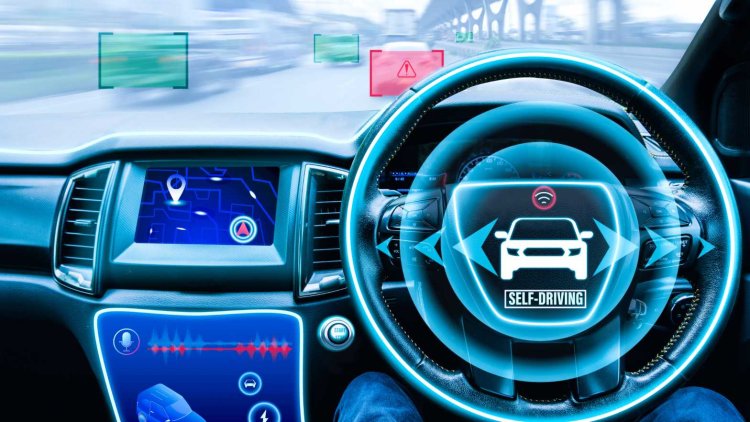Navigating the Road Ahead | The Future of Autonomous Driving Technology
Exploring the cutting-edge advancements and breakthroughs shaping the future of autonomous driving technology, this article delves into the latest developments and insights on this rapidly evolving field. From in-depth analysis of current trends and innovations to expert insights on what's next,

The future of autonomous driving technology is likely to see continued development and deployment, as well as increasing regulation and standardization. The technology is expected to improve in terms of safety, reliability, and cost-effectiveness, leading to widespread adoption in various industries such as personal transportation, ride-hailing, delivery, and trucking. In addition, the integration of autonomous vehicles with smart cities and the Internet of Things (IoT) is expected to bring new opportunities for optimization and efficiency. However, challenges such as cybersecurity, ethical concerns, and public acceptance remain to be addressed.
India has the advantage of having a large pool of skilled engineers, particularly in the field of technology, which can help in the development of autonomous driving systems. The future of autonomous driving in India is promising, with the government promoting the adoption of electric and self-driving vehicles. However, several challenges such as infrastructure, data privacy, and cybersecurity need to be addressed before fully autonomous vehicles can become a reality on Indian roads. The country is also focusing on developing its own technology and talent in the field to become a leader in autonomous driving.
India is making progress towards being ready for autonomous driving technology, but there are still challenges that need to be addressed, such as infrastructure, regulation, and public acceptance.
India's Autonomous Driving Challenges
Infrastructural limitations: Poor road conditions, inconsistent road markings, and limited charging infrastructure for EVs.
Lack of standardization: Inadequate regulations and guidelines for autonomous vehicles.
Technical challenges: Integration of multiple technologies, including sensors, software, and communication systems.
Privacy and security concerns: Vulnerability to hacking and data breaches.
Ethical considerations: Addressing questions around liability in the event of accidents and decision-making in emergency situations.
Cost: High cost of technology and limited accessibility for a large segment of the population.












